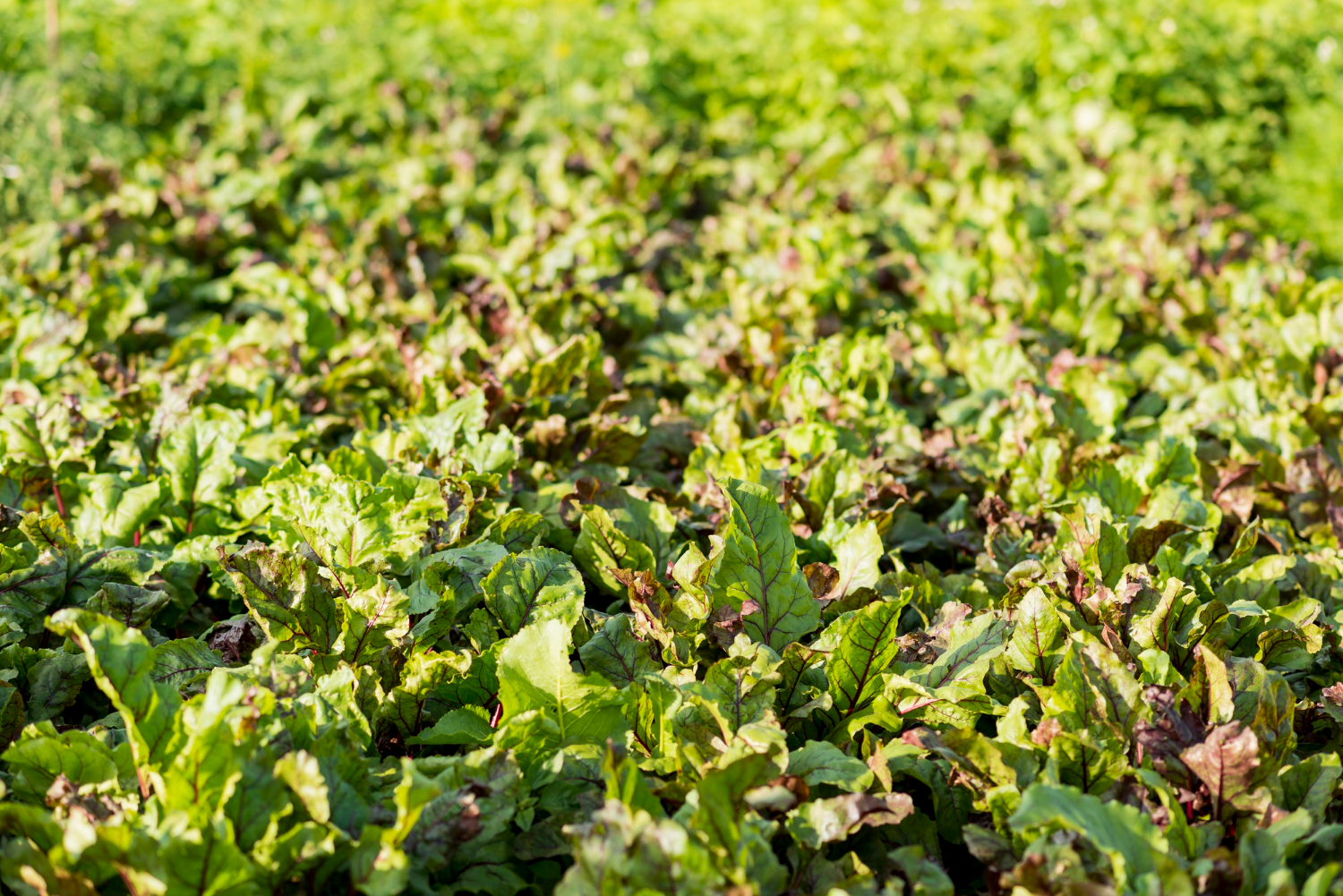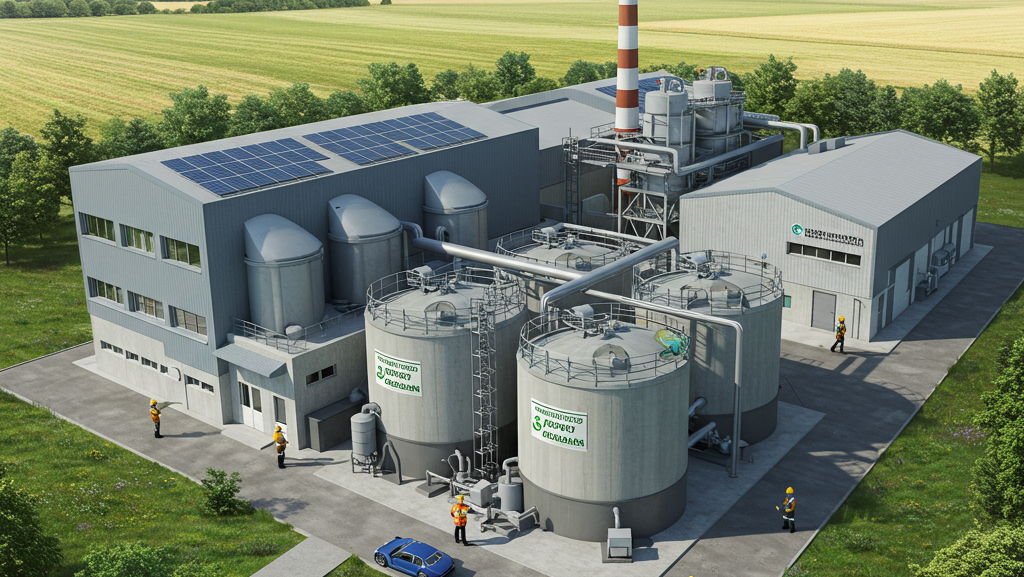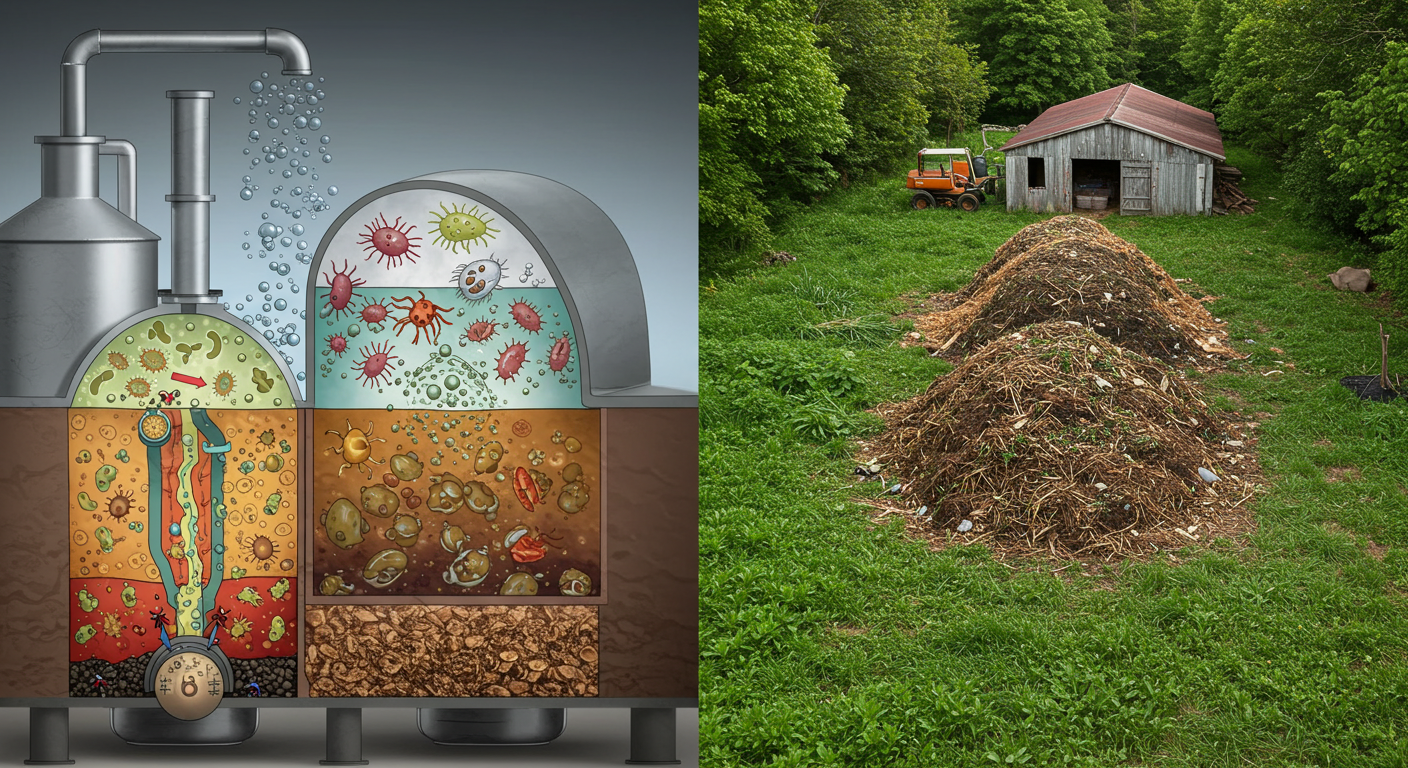What Are Cover Crops?
Cover crops are specialized plants grown primarily to enhance soil health rather than for harvest. By planting crops such as clover, rye, or vetch during the off-season, farmers can significantly improve the quality of their soil. These crops provide essential benefits to the soil ecosystem, paving the way for more sustainable farming practices.
Benefits of Utilizing Cover Crops
One of the primary advantages of utilizing cover crops is their ability to prevent soil erosion. The roots of these plants stabilize the soil, reducing the impact of wind and water. Additionally, cover crops can enhance the soil’s organic matter content, leading to improved structure and nutrient availability. This is particularly helpful in areas prone to nutrient depletion.
Improving Soil Fertility with Cover Crops
Another key benefit of cover crops lies in their role in enhancing soil fertility. Many cover crops, such as legumes, can fix nitrogen from the atmosphere, making it available for subsequent crops. This natural process reduces the need for synthetic fertilizers and promotes a healthier soil microbiome. Furthermore, the decaying plant material provides a rich source of organic matter for earthworms and other beneficial soil organisms.
In summary, utilizing cover crops is an effective strategy for improving soil health. By investing in these natural solutions, farmers can foster robust ecosystems that will benefit both their yields and the environment for years to come.





